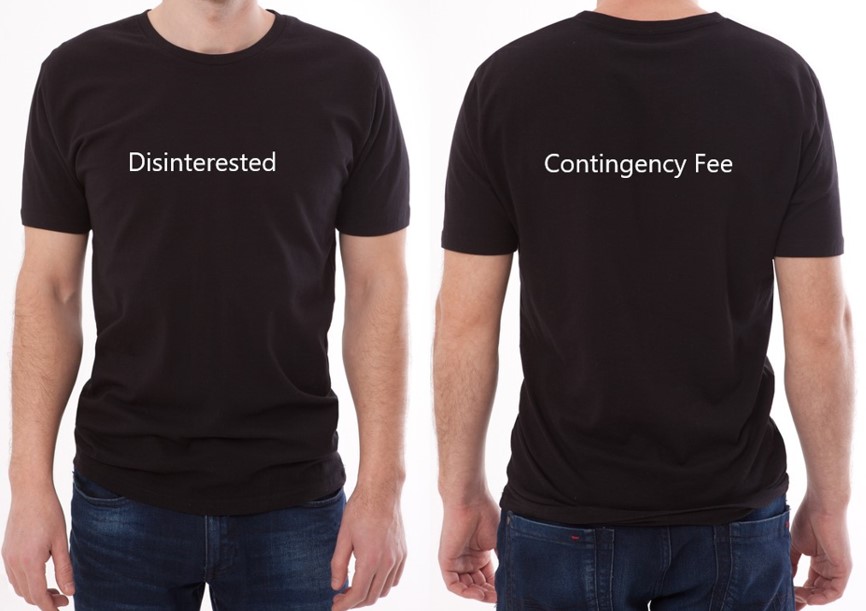A New York trial court refused to issue an order limiting the scope of appraisal in a property insurance case in Merrimack Mut. Fire Ins. Co. v. Seibert, 917 N.Y.S.2d 839
(February 10, 2011). The insurance carrier asked the court to appoint a neutral umpire to set the amount of loss in a claim and asked the court to limit the scope of appraisal to the actual cash value of damages. The policyholders asked the court to appoint a neutral umpire as well, but asked the neutral umpire to determine the value of the loss, actual cash value, cost of repair and replacement, and all issues incident to the property loss. The policyholders also requested a ruling from the court that their appointed appraiser is competent and disinterested and qualified to serve as appraiser.
New York Insurance Law §3408 allows a court to appoint an umpire when the appraisers cannot agree. That law states that the Court shall appoint a person: “to act as such umpire in the ascertainment of the amount of such loss or damage.” The Court noted the determination of the amount of loss or damage “shall be binding on all parties to the contract of fire insurance evidenced by the policy.”
The appraisal provision in the policy states:
The appraisers will separately set the amount of loss. If the appraisers submit a written report of an agreement to us, the amount agreed upon will be the amount of loss. If they fail to agree, they will submit their differences to the umpire. A decision agreed to by any two will set the amount of loss.
The Court noted the policy language refers to the “amount of loss.” The Court reviewed the contract language and refused to limit the appraisal scope and also refused to issue an order that the umpire could act without limitation. The Court also refused to state an opinion that the policyholder’s representative was competent and impartial. The Court kept it simple and held that since the appraisers failed to agree on the amount of the loss they must now submit their differences to the Court appointed umpire.
The Court felt the parties’ request to define or limit the scope of appraisal of the amount of loss was beyond its authority at that point. It seems the court did not feel it should invade the province of the appraisal process. After all, appraisal is intended to be an independent way to resolve claims without the need for litigation.




